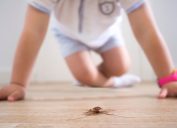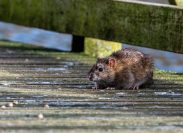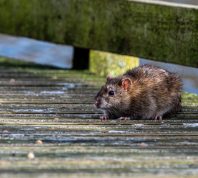These Are the Most Dangerous Household Pests, According to Experts
Don't let these sneaky home invaders destroy your sense of security—or your prized possessions.

Your home is supposed to be a place of refuge and somewhere you can unwind after a long day. However, for the millions of people living in spaces with pest infestations, home is anything but sweet. That said, when it comes to presenting actual danger, not all household pests are created equal, with some causing little more than annoyance while others cause serious damage.
Despite their small size and the fact that they rarely bite humans, experts say that termites might just be the most dangerous pest out there.
"The damage they can do to a home when left unchecked and the associated cost of repairs and mitigation can be quite high," explains associate certified entomologist Michael Thome, technical services manager for Ehrlich Pest Control.
According to the U.S. Forest Service, termites cause more than $2 billion in property damage in the United States alone each year—more than the average annual damages caused by windstorms and fire combined.
Unfortunately, getting rid of these pests is no small feat. Pest control company Orkin reports that the average termite-infested home will require $3,000 worth of repairs to rectify damage caused by the wood-destroying bugs—damage which, in many cases, is not covered by homeowner's insurance.
If left untreated, however, the result of termite damage can be catastrophic; in 2016, a house under construction in New Orleans' St. Roch neighborhood collapsed due to previously undetected termite damage. Unfortunately, termites aren't the only pest that could cause serious damage to your health and home. Read on to discover which nuisances experts deem the most dangerous. And if you're worried that a costly repair could be in your future, discover these 55 Ways You're Ruining Your Home and Don't Even Know It.
1
Bed Bugs

While bed bugs may not damage your home the way termites do, their effect on your emotional wellbeing is incalculable. "Bugs have a significant psychological impact on the homes they infest. Not to mention the cost of remediation and the disruption to your life while undergoing treatment," says Thome.
In addition to leaving their victims covered in itchy welts, bed bug infestations were associated with greater rates of anxiety and sleeplessness among those affected, according to a 2012 study published in BMJ Open.
[slide in title num="2"]German Cockroaches[/slidetitle]
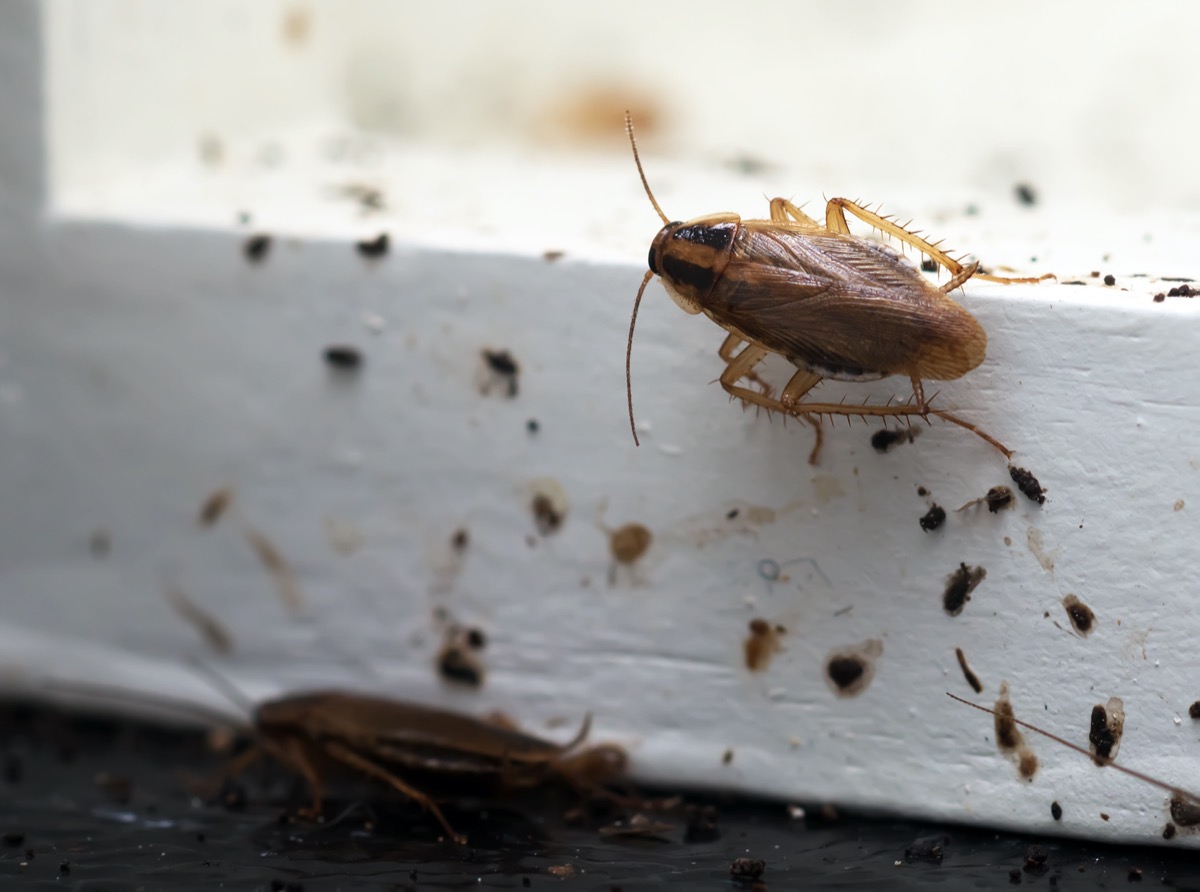
That cockroach infestation you've noticed in your home is doing more than just grossing you out.
"German cockroaches carry the same psychological impact [as bed bugs] with the added factor of their disease-spreading potential as well as their allergistic properties," says Thome. A 2014 report published in Pathogens and Global Health reveals that pathogens including Staphylococcus aureus, which causes staph infections, Salmonella typhi, the bacteria responsible for typhoid fever, and Escherichia coli, a bacteria that can cause severe gastrointestinal distress, were all identified in cockroaches found in a hospital setting. And for more great stories delivered directly to your inbox, sign up for our daily newsletter.
3
Mice
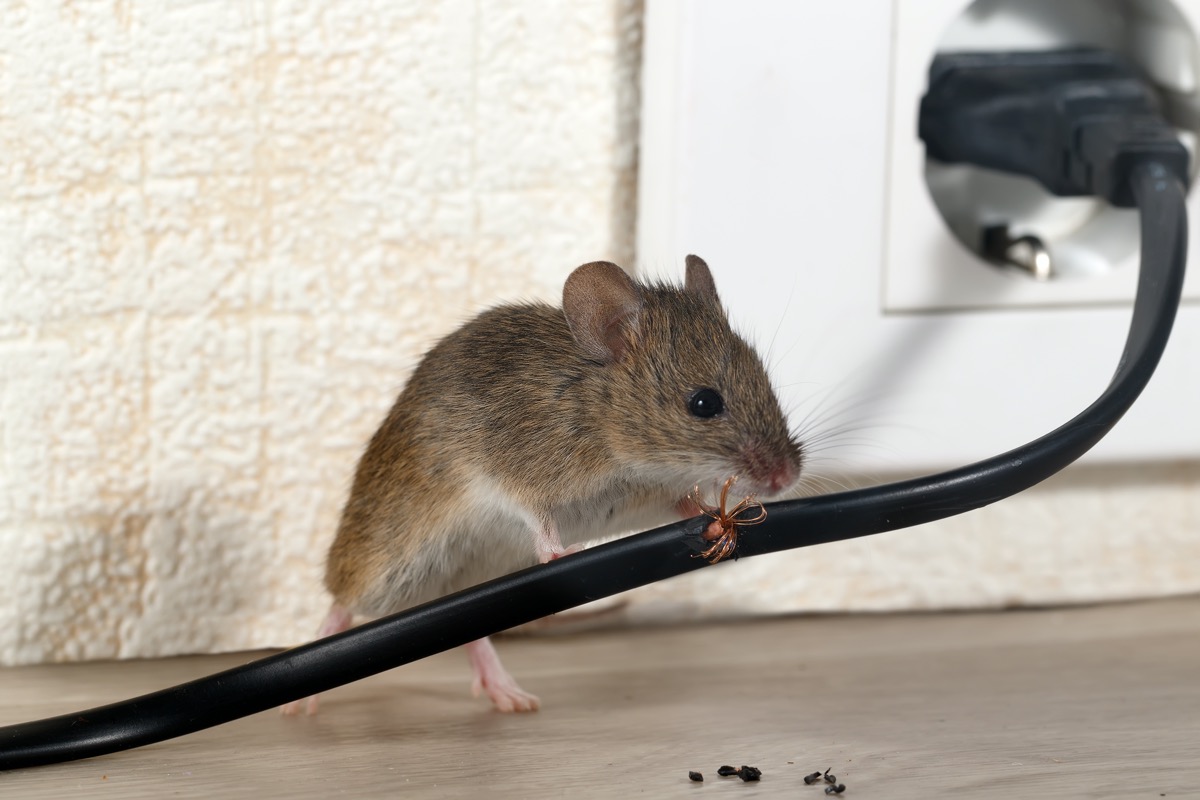
Mice may look cute, but make no mistake: they can be seriously dangerous to your health and home. In addition to potentially-fatal hantavirus, rodents can directly transmit ailments like plague, leptospirosis, and salmonella infections, as well as indirectly transmitting Lyme disease, West Nile virus, and Rocky Mountain spotted fever, among others.
When mice make their way into your car or walls, they can also cause serious destruction in a short period of time. "Chewed-on wires can lead to vehicle functionality issues such as electrical outages and dangerous short circuits," says Joe Akers, director of operations at Cowles Nissan.
According to Gordon Ivory, a certified fire and explosion investigator with GEI Professional Investigators, mice and other rodents frequently chew through household wires as well, causing fires and millions of dollars of damage to homes each year.
4
Scorpions
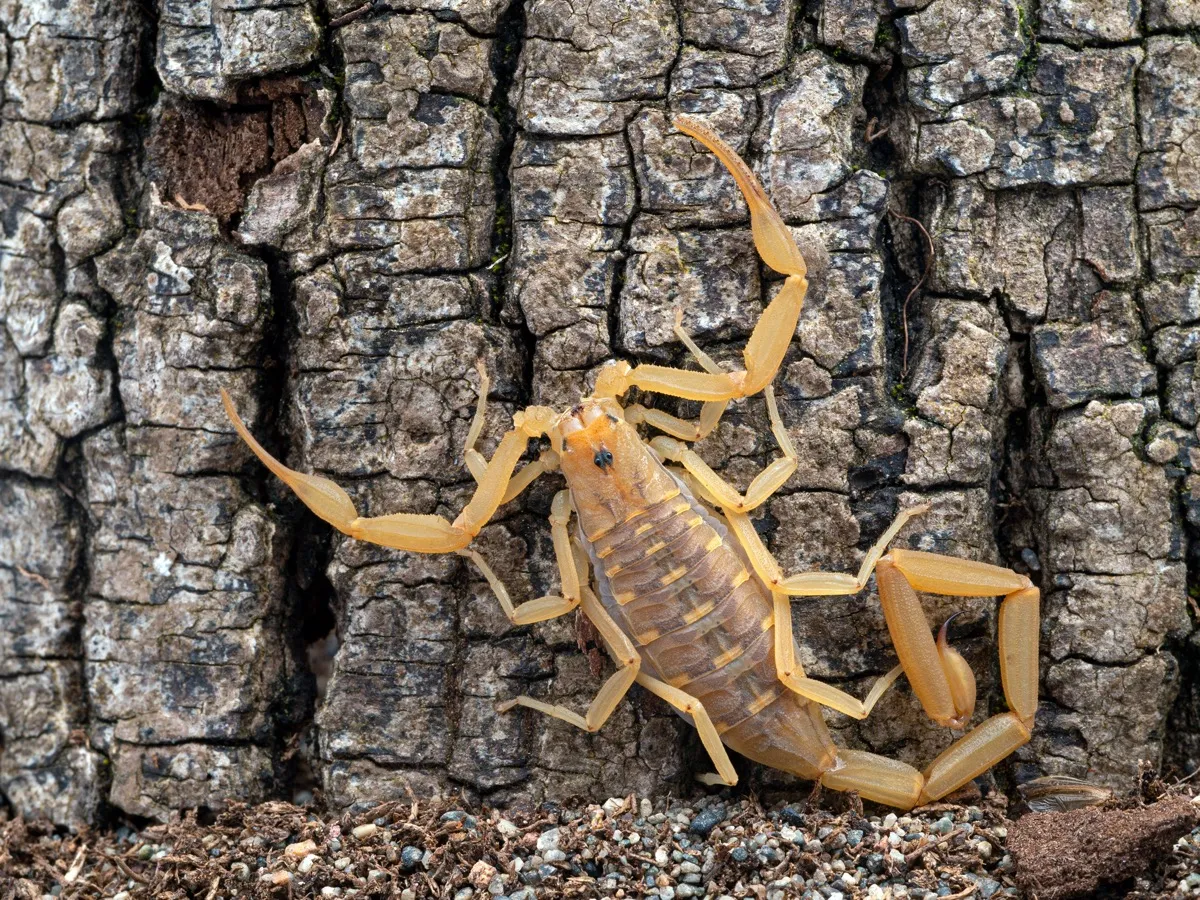
Though scorpions aren't common everywhere, they're a fixture in warmer climates and can cause serious health issues.
Though the Mayo Clinic reports that only 30 of the approximately 1,500 species of scorpions identified globally can kill a human with their sting, that doesn't make the non-lethal stings any less unpleasant.
While the sting of the bark scorpion, which is common throughout the American southwest, is rarely fatal, "When stepped on or provoked, they don't just try to sting once, they will actually try to sting as many times as possible," says Dane Kolbaba, founder of Watchdog Pest Control, who says he's had clients suffer up to 20 stings from a single scorpion.
5
Black Widow Spiders
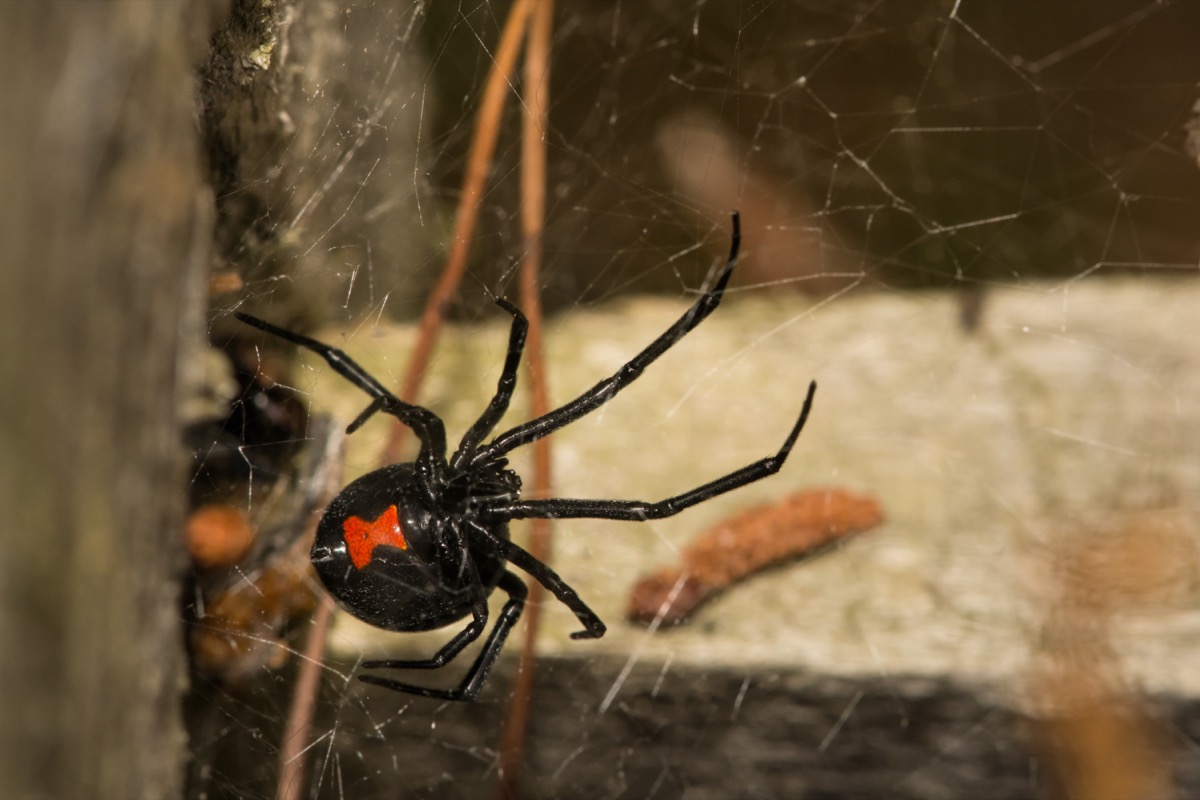
Black widow spiders aren't just a nuisance—they can be downright deadly. Black widow spider bites can cause extreme pain, muscle cramps, respiratory distress, and, in some cases, may even prove fatal. Unfortunately, black widow spiders continue to extend their habitat throughout the United States, meaning previously Black widow-free areas of the northeastern U.S. are now seeing black widow infestations. And if you're worried about your safety, A New Study Says This Might Be the Most Dangerous Thing in Your Home.

